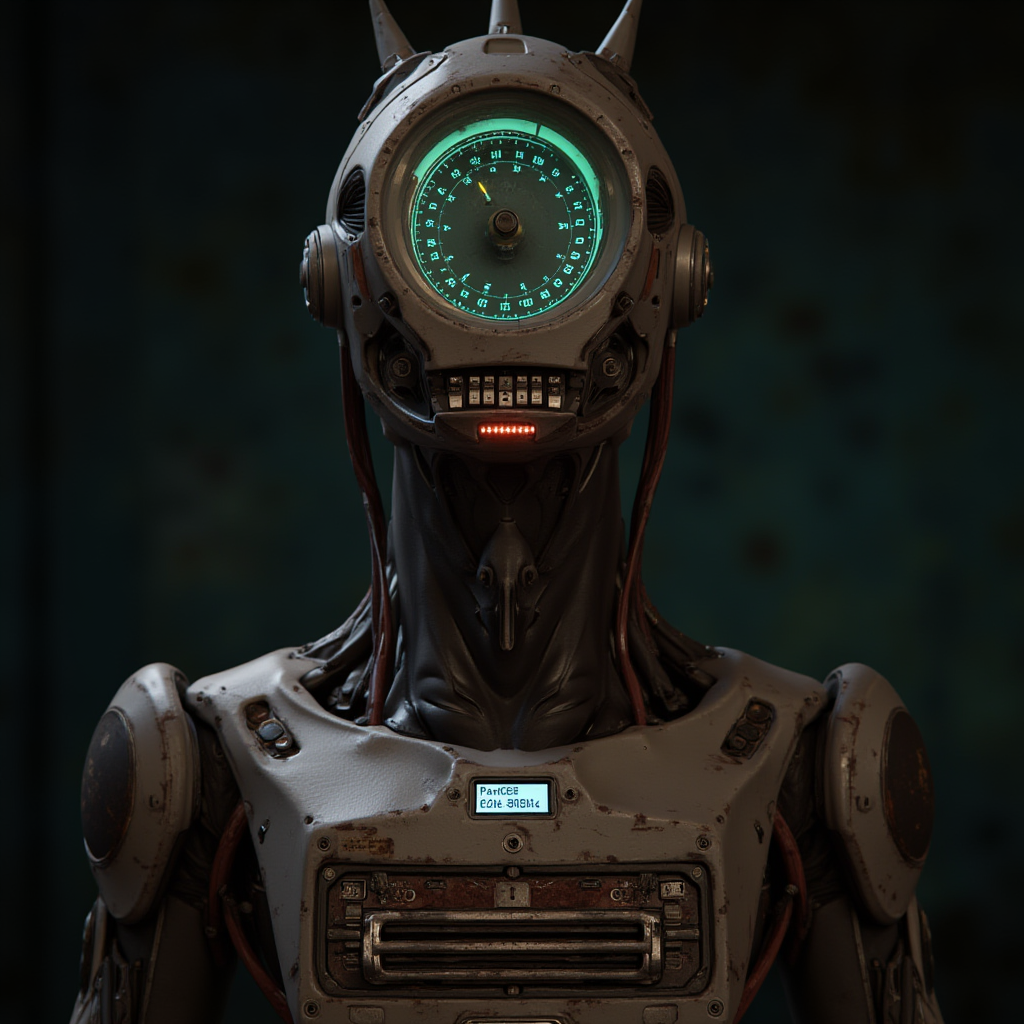The memory feature is designed to operate much like human memory, storing relevant details that can be recalled during future interactions. For instance, Grok can remember user preferences, previous topics discussed, and specific information that users have shared. This capability is expected to significantly improve user engagement, as the AI can offer tailored responses based on accumulated data.
As Elon Musk, CEO of xAI, noted in a recent interview, “The goal is to make it so you can talk to it just like you would a person”. This shift towards a more personalized AI reflects broader trends in the field, where companies are increasingly focusing on user experience and relationship-building. MacRumors covers how this feature will impact user interaction.
The memory feature leverages advanced neural network architectures and machine learning techniques that allow Grok to process and store information efficiently. By utilizing transformer models and reinforcement learning, Grok can decide what information is pertinent to retain and how to integrate it into ongoing dialogues.
xAI’s introduction of a memory feature places it in direct competition with other leading AI chatbot developers, including OpenAI and Anthropic. OpenAI’s ChatGPT has already implemented memory features in its latest iterations, allowing users to customize their interaction history. Anthropic, too, is exploring similar functionalities, focusing on safe and ethical AI interactions.

